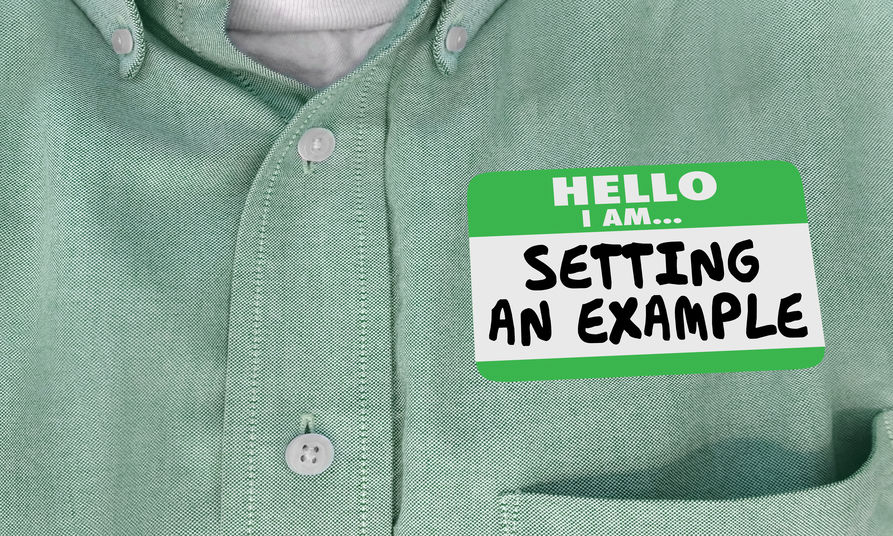How to Have a Voice of Reason

Who would you consider to be a voice of reason? For me, it’s the person who, in any given moment, can help me see multiple sides of a situation leading to thoughtful processing of information.
Listening to your voice of reason provides comfort in knowing you have considered the facts of a situation and have given everyone involved the best you have to give. You have also shown your best self to others by remaining reasonably respectful and honest.
Pausing for Self-talk
Etiquette calls on us to act sensibly. Taking a pause before responding is the greatest sensibility tool. This gives us the time needed to have an internal dialogue, or self-talk, in private so we might find what’s reasonable. Using myself as an example, my self-talk before a response to someone might be, “Now Candace, is this really what you want to say?”
As a child, did your parent ever tell you to calm down and count to ten? Have you ever had a coach, counselor, or teacher advise you to stop and breathe for a minute or, again, that dependable count to ten? They were helping you tap into your voice of reason!
Waiting for any immediate, emotional reaction to subside requires taking a pause. During those seconds, the mind can consciously apply reasoning using facts, logic, and experience to look carefully at a situation and decide how to respectfully respond to it.
Psychologist Ethan Kross has suggested a three-stage process of self-talk:
- Address yourself by name, seeing yourself as you would a friend. His research has found that if we talk to ourselves using the pronoun “I,” we will be more likely to perform poorly in stressful situations. Allegedly, saying our name frees our brain to do its best on our behalf.
- Provide precise un-emotional self-direction, just as a teacher might direct a student.
- Focus on the positive, putting fear into broader context by using positive affirmations which move the focus away from a narrowed threat toward a more realistic perspective.
When you find your own voice of reason, you find that you are choosing the most positive, factual, and encouraging message you can send to yourself.
The Voice of Reason is in us all . . . and everyone can recognize it because it makes sense and everyone benefits from it equally.
~ Bill Hicks
Finding Your Voice of Reason
Patience and positivity are two characteristics of etiquette, which is why they are present in etiquette-ful interactions. In the absence of etiquette, unchecked reactions lead to blame, meanness, rage, fights, and other unpleasant realities. An absence of etiquette is an absence of reason.
If, even after pausing, you are unable to find a calm sense of reasoning, find someone else who can be that for you. Someone who is fair, positive, and solution-oriented.
Whether your voice of reason turns out to be yourself or someone else, be willing to listen. For it is through a calm and reasonable processing that we find the ability to respond rather than react. Surely, this is the respectful thing to do.














